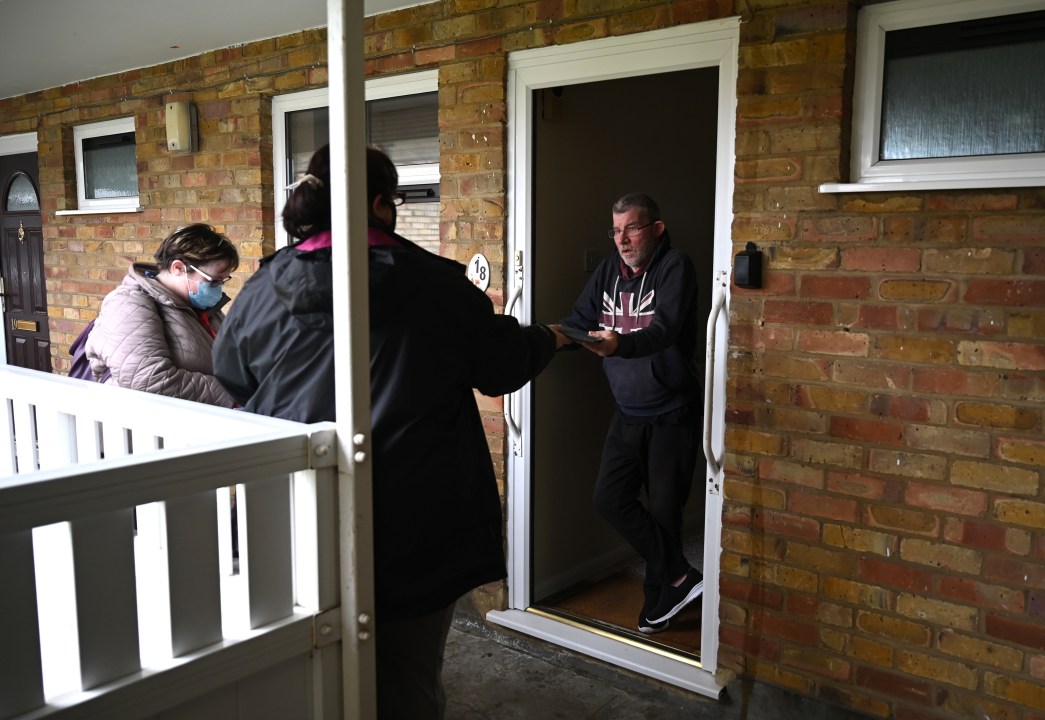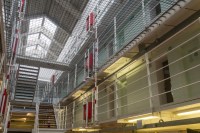A year on, in one sense we’re pretty well back to where we started — with the government attempting to snuff out the South African variant of the SARS-CoV-2 virus in the same way as it did the original Wuhan version. It didn’t work then, and we rapidly moved to the second phase of the pandemic plan, where it was taken for granted that the virus had become widespread and it was a case of controlling rather than eliminating it.
Do we have any better chance of eradicating the South African variant? There is every reason to want to eradicate this variant in particular, as it has already shown itself better able to resist one of the Covid vaccines under development — interim results from phase three trials of the Novavax vaccine released last week showed 89 per cent efficacy in Britain, dropping to 60 per cent in South Africa, where 90 per cent of cases were the new variant. Serological tests by Pfizer, however, claimed the company’s vaccine to be just as good at eliciting an immune response against the South African variant as against the variants already circulating in Britain.
The government appears to think it can snuff out the South African variant. It has committed to sending teams door to door to test 80,000 people — everyone over 16 — in eight postcode areas, with Health Secretary Matt Hancock saying yesterday it was his intention to ‘find every case’. In contrast to the community testing trialled in Liverpool late last year, which relied on lateral-flow tests (which in some trials have been suspected of picking up half of all cases), the surge testing announced yesterday will use PCR tests.
One thing we have learned about this variant is that it has a wide socio-economic spread: the postcode areas named include areas as diverse — and geographically spaced — as Woking, Broxbourne, Walsall and Southport. The geographical spread should sound the alarm bells ringing: you can understand how a South African variant could be limited to parts of Surrey close to Heathrow Airport, but is it really credible that it has managed to find its way to parts of the West Midlands and the Lancashire coast without stopping off at many places in between? If not, then ‘surge testing’ in one of two hotspots is going to be of limited use.
The figures for confirmed cases of the South African variant do not, however, suggest it is as rampant as the Kentish variant was in December. So far, only 11 cases have been detected which are not linked to travel, with 107 in total. That is up from 35 confirmed cases on 14 January. There will almost certainly be more than this. Only around 35 per cent of positive Covid samples are tested to see what variant they are. Moreover, many cases of Covid are not being picked up through the testing system. But it is a very different story compared with the Kentish variant, which came to dominate new infections in parts of the South East during the November lockdown.








Comments